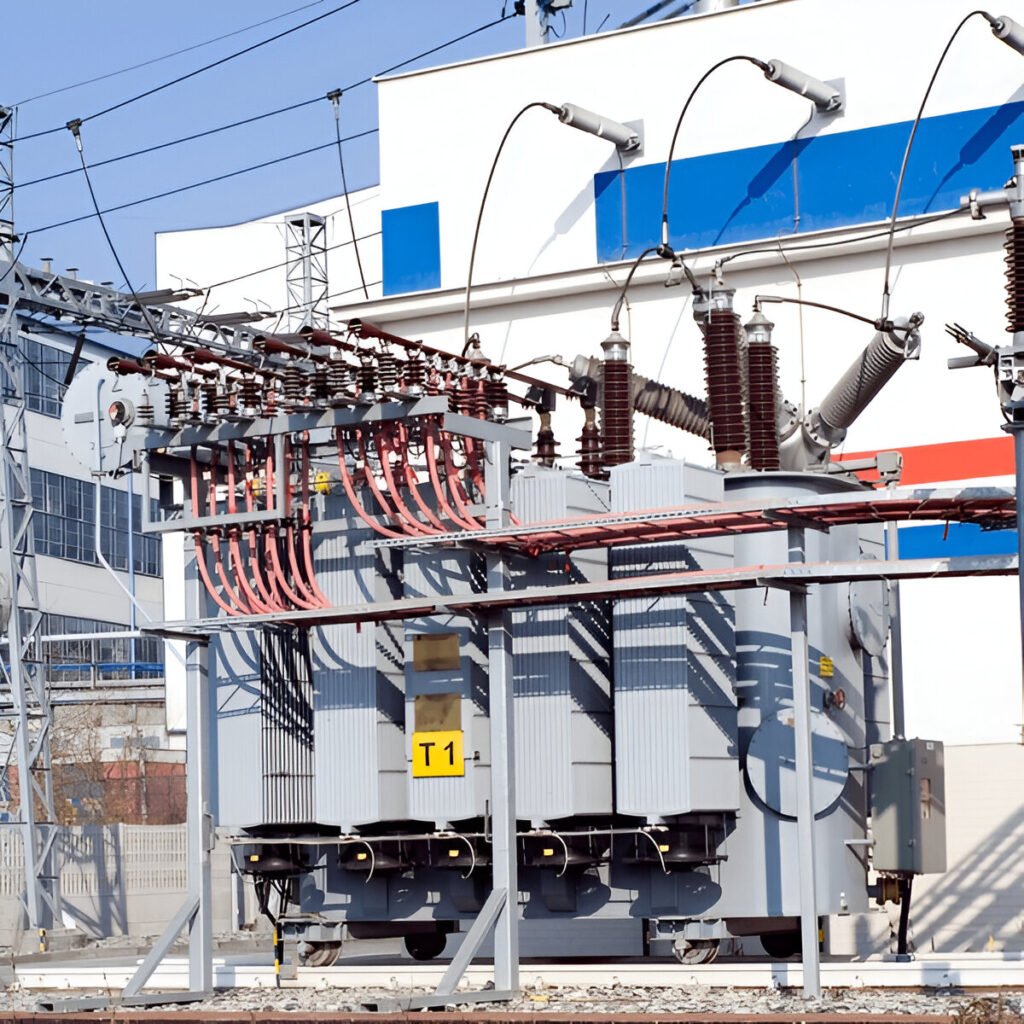In the fast-evolving energy and industrial landscape, transformer services have become increasingly complex, demanding a higher level of skill and knowledge from technicians. Whether it’s maintenance, repair, rewinding, or installation, having a well-trained team ensures safety, efficiency, and customer satisfaction.
For companies dealing with everything from used transformers to large-scale power transformer projects, investing in technician training is not just an option—it’s a necessity. This blog explores the importance of continuous learning, types of training programs available, and how it directly impacts the quality of transformer services.
Why Technical Training Matters in Transformer Services
Technicians working on transformers are exposed to high-voltage equipment, thermal risks, and precision mechanical systems. Poor handling or insufficient knowledge can result in:
- Safety hazards and accidents
- Equipment failures
- Increased downtime
- Expensive replacements
A trained technician can not only troubleshoot effectively but also extend the life of equipment such as surplus transformers or critical utility assets.
Key Skills Every Transformer Technician Needs
Modern transformer services go far beyond basic oil testing or terminal tightening. Here are core competencies every technician should master:
- Electrical diagnostics and insulation testing
- Transformer rewinding and coil replacements
- Oil sampling and purification techniques
- Installation and commissioning of both new and used transformers for sale near me
- Compliance with OSHA and NFPA 70E standards
- Understanding different transformer types including dry-type, oil-filled, and top transformer models
Popular Training Programs for Transformer Technicians
Let’s break down some of the most effective training formats available today:
1. On-the-Job Training (OJT)
Hands-on experience under the supervision of senior technicians remains one of the most effective ways to learn transformer services. Companies often create custom in-house modules that focus on:
- Real-world troubleshooting
- Load testing and tap changer operation
- Safety drills and lockout-tagout (LOTO) procedures
2. Online Technical Certifications
Ideal for remote or field teams, these programs offer flexibility and interactive learning:
- Transformer maintenance fundamentals
- Condition monitoring
- Advanced diagnostics
These programs can help new employees get up to speed with critical skills needed to buy used transformers, refurbish, or sell transformer units.
3. Vendor-Specific Training
Transformer manufacturers and transformer company providers often conduct workshops focused on:
- Proprietary diagnostic tools
- Latest transformer technologies
- Environmental and compliance updates
Technicians trained through these channels tend to have a better understanding of transformer to buy or recommend based on use-case and longevity.
4. Apprenticeship Programs
These programs pair beginners with experienced mentors and often span 1–2 years. Technicians learn everything from handling california transformer installations to repairing transformers for home.
Specialized Training Areas
Transformer Rewinding Training
Working with coils and insulation requires precision. Proper training ensures technicians can perform transformer rewinding safely and efficiently.
Oil Testing & Analysis
Knowing how to analyze transformer oil gives insight into the internal health of the unit—critical for predictive maintenance.
DGA (Dissolved Gas Analysis)
This technique helps diagnose early signs of arcing or overheating inside oil-filled transformers.
Impact of Training on Business Success
A well-trained workforce directly improves the quality of your transformer services, leading to:
- Higher customer satisfaction
- Reduced maintenance costs
- Extended equipment lifespan
- Better safety records
It also empowers your team to provide value-added services when working with we buy transformers or managing a fleet of used transformers.
Choosing the Right Training Partner
Look for training institutions or vendors that offer:
- Industry-recognized certification
- Hands-on equipment experience
- Flexibility for your team’s availability
- Curriculum aligned with ANSI, IEEE, and NETA standards
Collaborating with a reputable transformer company that provides both equipment and technician education adds another layer of quality assurance.
Keeping Up with Technology
As transformer technology advances, so must your team’s knowledge. Technicians must stay updated on:
- Smart transformer diagnostics
- IoT and sensor integration
- Compliance with grid automation standards
- Renewable energy transformer compatibility
These future-forward skills help position your business as a leader in transformer services, particularly in competitive regions like transformers in California.
Final Thoughts
Investing in technician training is a long-term strategy that pays off in reduced downtime, improved safety, and superior customer experiences. For any business involved in transformer services, having a skilled, certified, and confident team is non-negotiable.
Looking for expert transformer support or training insights? Contact JJ Transformers your trusted source for high-quality transformer services, certified rewinding, and industrial equipment support.



